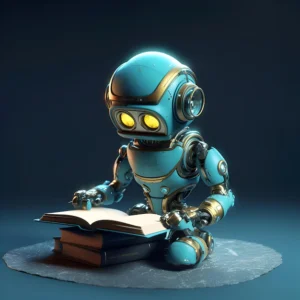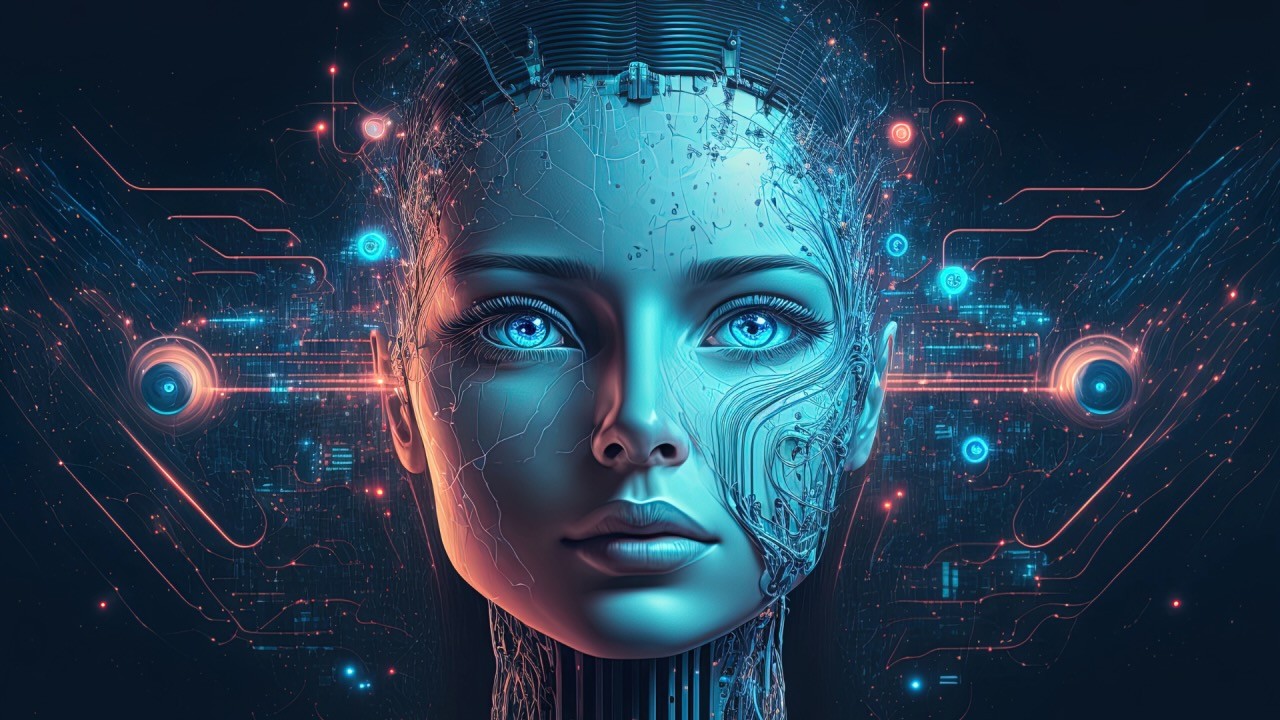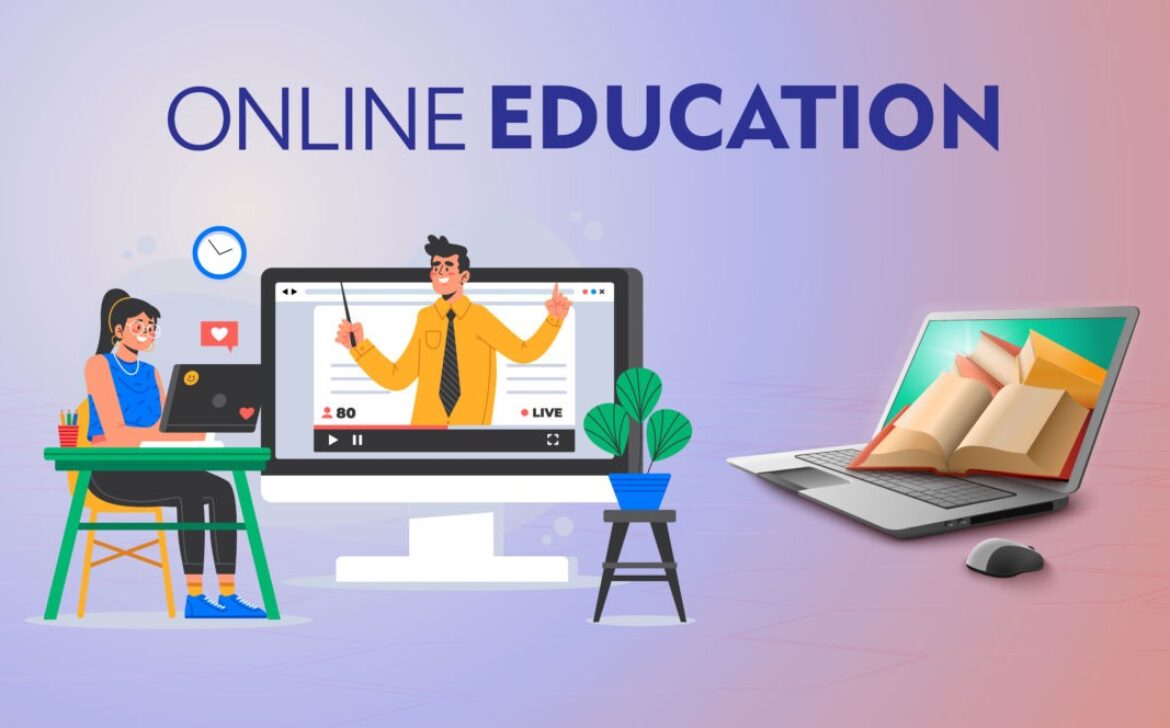The Influence of AI on Education and Work
In the fast-paced evolution of the digital age, the emergence of Artificial Intelligence (AI) has become a transformative force, reshaping various facets of our lives. One of the profound areas experiencing significant change is the intersection of AI with education and work. “The Influence of Artificial Intelligence on Education and Work” seeks to unravel the multifaceted impact of AI on these critical domains, exploring how advancements in technology are revolutionizing learning environments, skill requirements, and the very nature of work itself. The advent of AI in education has opened up unprecedented possibilities for personalized learning experiences. This section delves into the ways AI is being integrated into educational systems, from smart tutoring systems that adapt to individual learning styles to AI-powered assessment tools that provide timely feedback. As the digital classroom becomes a reality, the role of teachers evolves, and students engage with education in dynamic, tech-enhanced ways. “The Influence of Artificial Intelligence on Education and Work” explores the potential of AI to revolutionize education through personalized learning. AI-driven adaptive systems analyze student performance data to tailor learning experiences, addressing individual strengths and weaknesses. This section investigates how personalized learning can foster a more inclusive and effective educational environment, catering to the diverse needs of students. AI has the potential to bridge educational gaps and make learning accessible to a broader audience. This section delves into the role of AI in promoting inclusivity, breaking down barriers to education faced by individuals with diverse learning needs or those in underserved communities. As AI tools become more sophisticated, they can contribute to democratizing education, offering a pathway to knowledge for learners across the globe. As AI technologies advance, the skill set required in the workforce undergoes a transformation. “The Influence of Artificial Intelligence on Education and Work” explores the changing landscape of job requirements, emphasizing the need for a dynamic skill set that includes not only technical proficiency but also critical thinking, creativity, and adaptability. The section examines how educational institutions must adapt to equip students with the skills necessary to thrive in the AI-driven workplace. In the workplace, the integration of AI prompts a shift in the dynamics of collaboration. This section investigates the symbiotic relationship between humans and AI, highlighting how technology can augment human capabilities and enhance productivity. It explores examples of AI applications in various industries, showcasing the potential for collaboration that maximizes the strengths of both human workers and intelligent machines. While AI presents opportunities, it also raises concerns about job displacement. This section delves into the impact of automation on certain job sectors and discusses how the workforce can adapt to these changes. Strategies such as upskilling, reskilling, and fostering a culture of lifelong learning become essential components in navigating the evolving job market shaped by AI technologies. “The Influence of Artificial Intelligence on Education and Work” addresses the ethical dimensions inherent in the integration of AI. This section explores issues related to data privacy, algorithmic bias, and the responsible use of AI in educational and professional settings. As AI becomes more ingrained in society, it is crucial to establish ethical frameworks that ensure fair and transparent practices. In the grand tapestry of technological progress, the influence of Artificial Intelligence on education and work stands as a pivotal chapter. “The Influence of Artificial Intelligence on Education and Work” concludes with a reflection on the dynamic interplay between AI and these critical domains. It emphasizes the need for a proactive approach in harnessing the transformative power of AI for educational advancement and workforce evolution. By understanding the potential, challenges, and ethical considerations, society can navigate this technological frontier, ensuring that AI serves as a catalyst for positive change in education and work rather than a disruptive force.
Introduction
AI in Education – A Technological Pedagogue
Personalized Learning and Adaptive Systems

AI as an Educational Equalizer
Skill Evolution in the Age of AI

Collaboration Between Humans and AI
AI and Job Disruption
Ethical Considerations in AI Education and Work

Conclusion




